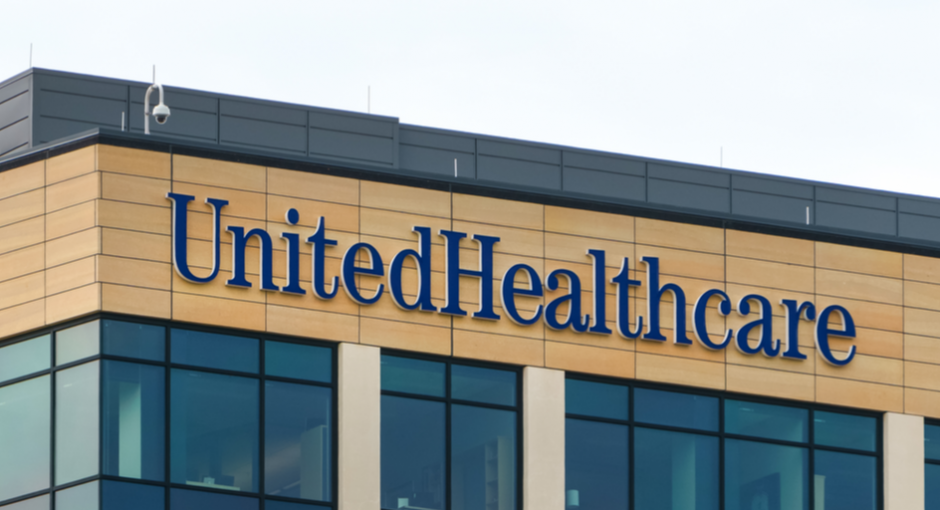The nation’s largest health insurer is instituting a commercial claims reimbursement policy that that is raising alarms among 340B hospitals.
Effective Aug. 1, UnitedHealthcare said it will no longer cover evaluation and management (E/M) claims at hospital-owned outpatient facilities if the claim does not include “an additional medical surgical service on the same date of service by the same provider.” The policy update was for commercial reimbursement.
In an alert to its members last week, the Washington State Hospital Association (WSHA) said it has “grave concerns” about the reimbursement change. The group said it “would impact hospital-based primary care and specialty care clinics where evaluation and management office visits are the main service performed. We believe the change would have greatest impact on safety net hospitals that operate hospital-based clinics due to high concentrations of Medicare and Medicaid patients and 340B status.”
WSHA said it is expressing its concerns to the state’s Office of the Insurance Commissioner (OIC). It encouraged hospitals and providers to do so as well.
The American Hospital Association (AHA) is also alarmed.
“We have deep concerns about this new policy from UnitedHealthcare, which is part of an unfortunate pattern of the company restricting patient access to critical health care services,” AHA told 340B Report. “In this instance, patients may be separated from their primary care providers and specialists and left with far fewer doctors from which to choose…this is not the time to restrict access or disrupt patients’ relationships with their providers.”
UnitedHealthcare has 48.4 million enrollees in the U.S., including 26.2 million commercial enrollees and nearly 17 million enrolled in Medicaid managed care, Medicare Advantage plans, or some form of dual-eligible coverage. Its changes in reimbursement policy often generate headlines; earlier this month it retreated on a restrictive new policy regarding enrollee eligibility to receive treatment at hospital emergency rooms after a public backlash.
Kristin Fox-Smith, a senior vice president for Visante, a pharmacy and 340B consulting firm, examined UnitedHealthcare’s new policy for 340B Report.
“It does represent a reduction in payments to many clinics that have been made possible by a hospital’s participation in the 340B program,” she said. “Volumes in these clinics have already seen significant decreases due to the COVID-19 pandemic, and reductions in their reimbursements cannot help in their recovery. There is also a possibility that the required DSH adjustment percentage may have decreased due to the pandemic, causing some hospitals to lose 340B eligibility. Continued 340B losses may have caused some covered entities to terminate those clinics (from 340B) enrollment.”
Fox-Smith also observed that “given the large shift to telehealth and telephone services post-COVID, this has the ability for significant revenue reduction that was linked to E/M services in previous years.” She added that many Medicare and Medicaid enrollees can only use a telephone for such visits, which significantly reduces reimbursement compared to a video encounter. That could further erode the ability of these hospital-based clinics to operate—and potentially reduce the number providing 340B-eligible prescriptions over time.


